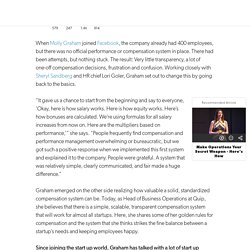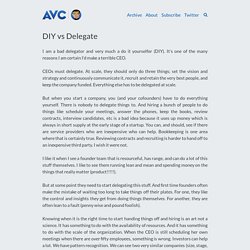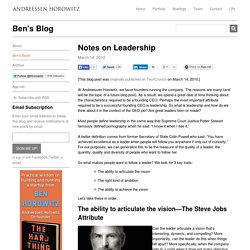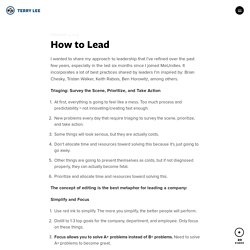

A Counterintuitive System for Startup Compensation. “It gave us a chance to start from the beginning and say to everyone, ‘Okay, here is how salary works.

Here is how equity works. Here’s how bonuses are calculated. We’re using formulas for all salary increases from now on. Here are the multipliers based on performance,’” she says. “People frequently find compensation and performance management overwhelming or bureaucratic, but we got such a positive response when we implemented this first system and explained it to the company. Graham emerged on the other side realizing how valuable a solid, standardized compensation system can be. Since joining the start up world, Graham has talked with a lot of start up founders who struggle with compensation questions like: What do you offer to a new hire, particularly a senior leadership role? 1) No one is ever happy with compensation, and compensation has never made anyone happy. 2) People always find out what everyone else is making. 3) Create a system that revisits compensation only 1-2x a year.
The Eisenhower Matrix. DIY vs Delegate. I am a bad delegator and very much a do it yourselfer (DIY).

It’s one of the many reasons I am certain I’d make a terrible CEO. CEOs must delegate. At scale, they should only do three things; set the vision and strategy and continuously communicate it, recruit and retain the very best people, and keep the company funded. Everything else has to be delegated at scale. But when you start a company, you (and your cofounders) have to do everything yourself. I like it when I see a founder team that is resourceful, has range, and can do a lot of this stuff themselves. But at some point they need to start delegating this stuff. Knowing when it is the right time to start handing things off and hiring is an art not a science. One suggestion I frequently make is to find a “utility infielder” for your first business hire. Doing a startup is an evolution from DIY to Delegate.
Notes on Leadership. [This blog post was originally published on TechCrunch on March 14, 2010.]

At Andreessen Horowitz, we favor founders running the company. The reasons are many (and will be the topic of a future blog post). As a result, we spend a great deal of time thinking about the characteristics required to be a founding CEO. Perhaps the most important attribute required to be a successful founding CEO is leadership. So what is leadership and how do we think about it in the context of the CEO job? Most people define leadership in the same way that Supreme Court Justice Potter Stewart famously defined pornography when he said: “I know it when I see it.”
A better definition comes from former Secretary of State Colin Powell who said: “You have achieved excellence as a leader when people will follow you anywhere if only out of curiosity.” So what makes people want to follow a leader? The ability to articulate the visionThe right kind of ambitionThe ability to achieve the vision Let’s take these in order.
How to Lead. I wanted to share my approach to leadership that I’ve refined over the past few years, especially in the last six months since I joined MeUndies.

It incorporates a lot of best practices shared by leaders I’m inspired by: Brian Chesky, Tristan Walker, Keith Rabois, Ben Horowitz, among others. Triaging: Survey the Scene, Prioritize, and Take Action At first, everything is going to feel like a mess. Too much process and predictability = not innovating/creating fast enough.New problems every day that require triaging to survey the scene, prioritize, and take action.Some things will look serious, but they are actually colds.Don’t allocate time and resources toward solving this because it’s just going to go away.Other things are going to present themselves as colds, but if not diagnosed properly, they can actually become fatal.Prioritize and allocate time and resources toward solving this.
The concept of editing is the best metaphor for leading a company: Functional versus Unit Organizations – Learning By Shipping.